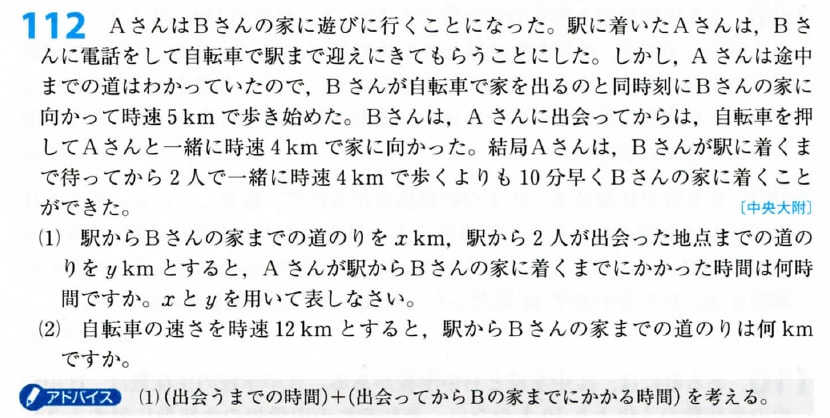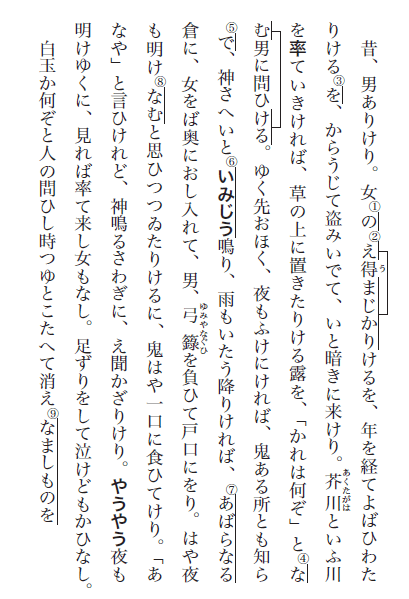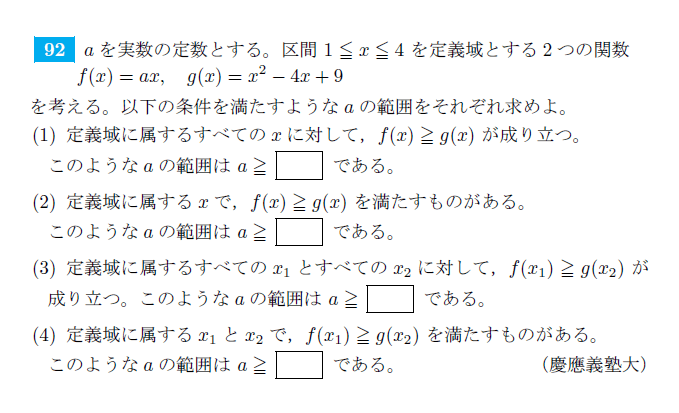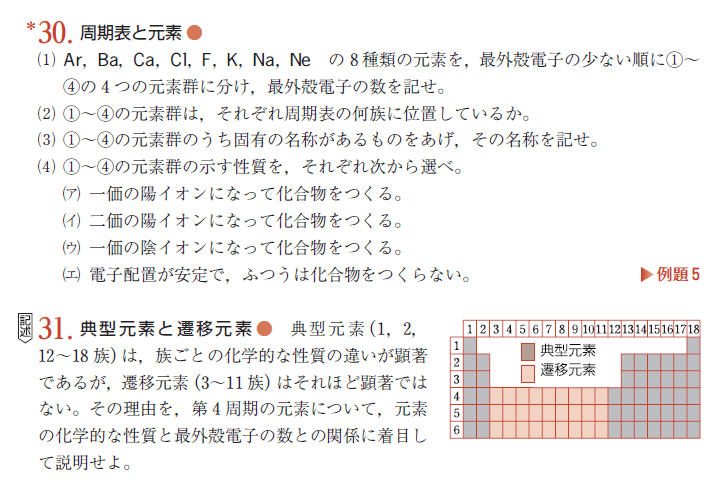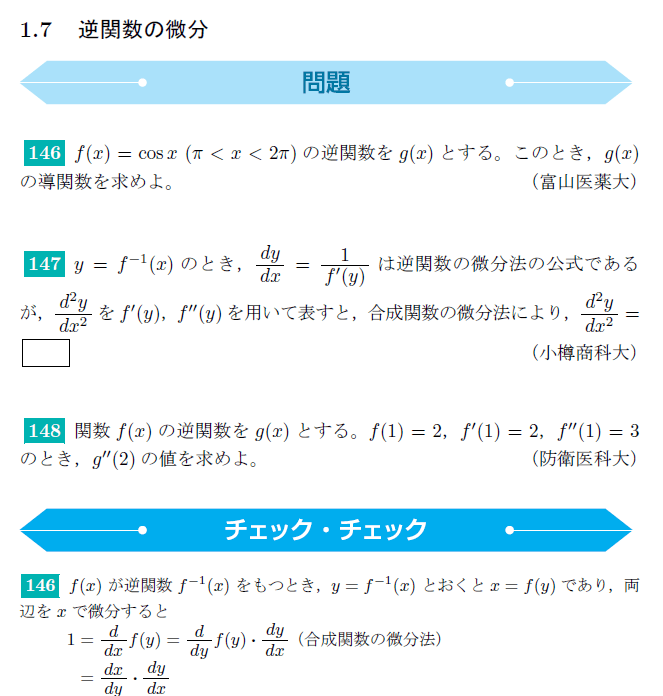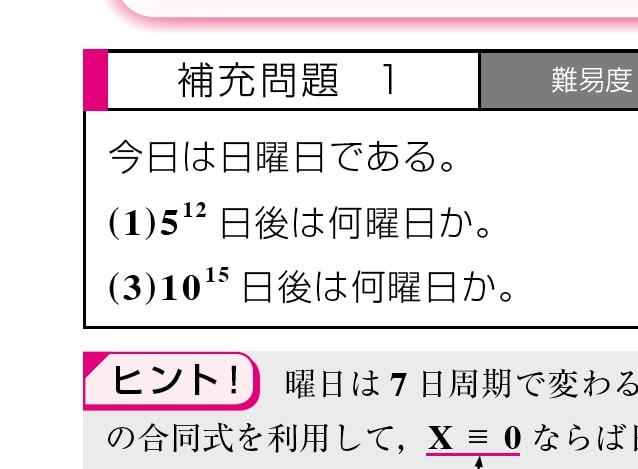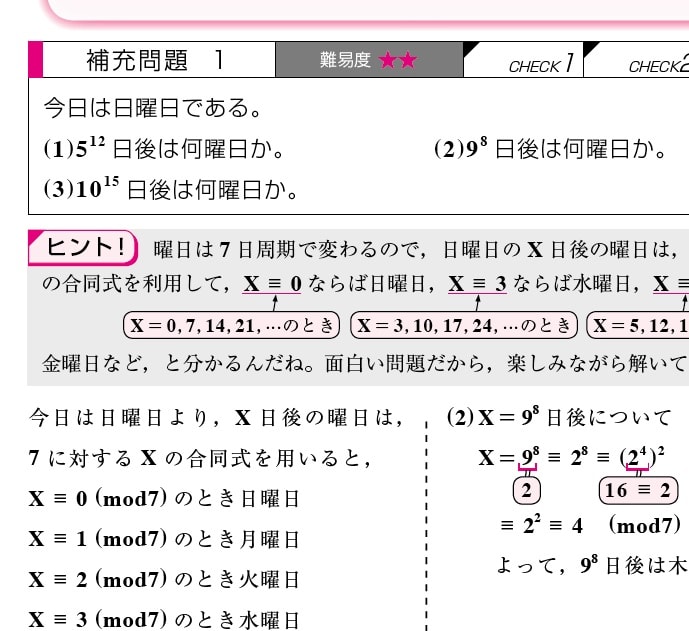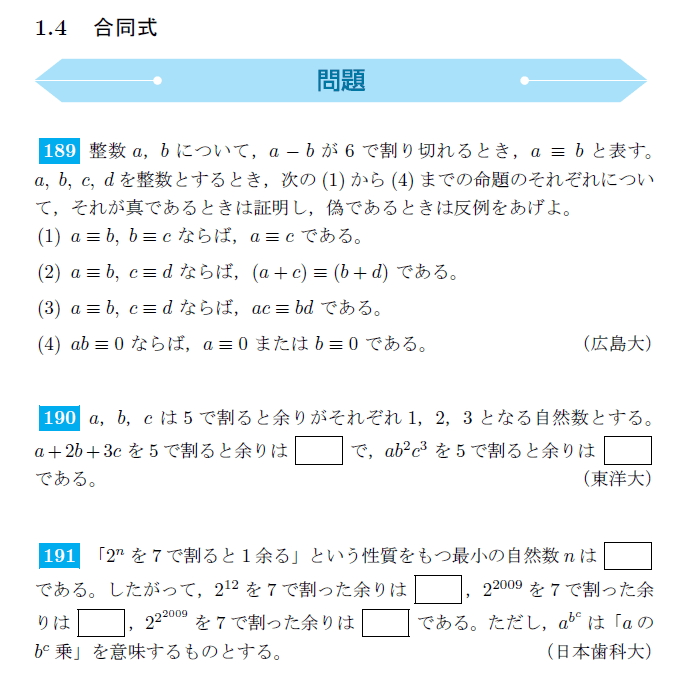Exercises 1
1. 日本語に合うように( )内の語句を並べかえなさい.
1) 友だちとピクニックに行くのは楽しい.
(fun, to, a picnic, it, with, is, go, on, friends).
2) よい辞書を選ぶことは大切だ.
(dictionary, is, choose, it, to, important, good, a).
3) 彼を信用しないのはまちがいだった.
(him, it, trust, was, to, wrong, not).
*4) 私には6時に起きるのは容易ではない.
(easy, me, for, isn't, get up, to, it) at six.
*5) 親切にも彼は私に誕生日プレゼントをくれた.
(kind, was, me, him, it, give, of, to) a birthday present.
2. 次の各文を日本語に直しなさい.
1) It is hard to read her handwriting.
2) It is romantic to eat dinner by candlelight.
3) It is stupid not to listen to others' opinions.
*4) It is possible for you to get there by car or train.
*5) It was impolite of him not to accept your offer.
3. 迷惑なクラクション
Why do you have to bother to look out the window to find out a driver's horn has nothing to do with you when the driver blows the horn in your neighborhood? As a matter of fact, there are ten times at most in a whole year when it's necessary for a driver to blow the horn.
文章1 民主主義の原理とは? 大阪大学
十七世紀から十八世紀にかけてのヨーロッパでは、イギリスのピューリタン革命や名誉革命、またフランス革命など、市民をその担い手とする革命(市民革命)が相次いで起こった。これらの革命によって人々は、それまでの封建的、かつ血縁や地縁で結びつけられていた【共同体】の束縛という桎梏(しっこく)を解き放って、都市に生活の場を求めた。そして、自由で平等な個人として近代的な【市民社会】を築き、様々な役割を担うようになった人々は、政治の領域において【民主主義】の発展に寄与することになる。
民主主義は、古代ギリシアの都市国家において、民衆が支配する社会体制が成立したことに由来する。ポリスと呼ばれる都市国家での民主主義の原理は、自由や平等、民衆の政治への参加であり、それは、討論と説得の過程を経た上での多数決の原理も生み出した。近代においては、十九世紀の後半に普通選挙権が実現されると、これまでにない数の民衆が政治に参加することになった。さらに、二十世紀には、膨大な数の大衆を一定のイデオロギーのもとに操作する、【全体主義】が出現した。全体主義は、民主主義を抑圧するのだが、表面的には疑似民主主義を装う。つまり、マスメディアなどを利用して独裁者を賛美し、大衆の意識操作を行うことによって、大衆は自らを含む多数の意思が、政治に正しく反映されていると認識させられてしまうのである。
しかし、古代ギリシアにおける民衆の政治参加がそうであったように、本来多数決とは個人の思想や言論の自由を基本として、討論・説得の過程を経た上で成り立つものである。計り知れない数の大衆が政治に参加する現代においては、全体主義によって引き起こされた過去の過ちを繰り返さないためにも、われわれは民主主義の原理をもう一度見直さなくてはならない。
Sentence 1 What are the principles of democracy? Osaka University
In Europe from the 17th century to the 18th century, revolutions led by citizens (civil revolutions) occurred one after another, such as the Puritan Revolution and the Glorious Revolution in England and the French Revolution. Through these revolutions, people sought a place to live in the city, freed from the shackles of feudalism and the bondage of 'communities' that had been bound by blood and territorial ties. People who have built a modern civil society as free and equal individuals and who have assumed various roles will contribute to the development of democracy in the political arena.
Democracy originated from the establishment of a social system ruled by the people in the city-states of ancient Greece. The principles of democracy in city-states called polis were freedom, equality, and popular participation in politics, which also gave rise to the principle of majority voting through the process of debate and persuasion. In modern times, with the realization of universal suffrage in the latter half of the nineteenth century, an unprecedented number of people participated in politics. Furthermore, in the twentieth century, ``totalitarianism'' emerged, which manipulates a huge number of the masses under a fixed ideology. Totalitarianism suppresses democracy, but on the surface it pretends to be pseudo-democracy. In other words, by praising the dictator and manipulating the consciousness of the masses using the mass media, the masses are made to perceive that the will of the majority, including their own, is correctly reflected in politics.
However, as was the case with the political participation of the people in ancient Greece, the majority rule was originally established after going through the process of debate and persuasion, based on the freedom of individual thought and speech. In today's world, where an immeasurable number of people participate in politics, we must reconsider the principles of democracy in order not to repeat the mistakes of the past caused by totalitarianism.























